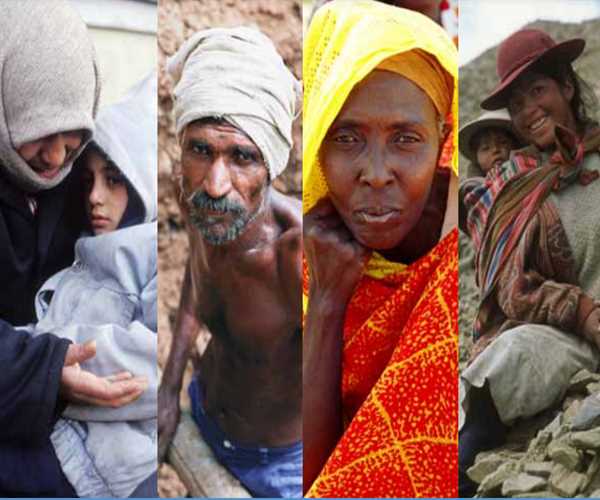Health and Human Rights Principles in Poverty Reduction
Poverty reduction is a complex and multi-faceted challenge requiring a comprehensive approach that considers the health and human rights of individuals. Health and human rights principles play a critical role in poverty reduction efforts, as they help to ensure that people's basic needs and rights are protected and that poverty reduction strategies are designed and implemented in a way that is consistent with human dignity and equality.
Health and Human Rights in Poverty Reduction
Health is essential to human well-being and a critical factor in poverty reduction efforts. Poor health is often the result of poverty, and poverty can also exacerbate health problems. Health and human rights principles help to ensure that people have access to quality healthcare and that their health is protected and promoted. As enshrined in the Universal Declaration of Human Rights, the right to health requires that states take the necessary steps to ensure that people have access to healthcare and are protected from discrimination and abuse.
Human rights principles also play a critical role in poverty reduction efforts by promoting equality, non-discrimination, and respect for human dignity. The right to work, the right to an adequate standard of living, and the right to education are all essential elements of human rights that help to ensure that people can lead fulfilling and productive lives free from poverty and deprivation.

Incorporating Health and Human Rights in Poverty Reduction Strategies
Poverty reduction strategies must be designed and implemented in a way that is consistent with health and human rights principles. This requires a multi-disciplinary approach that brings together experts from different fields, including health, human rights, and development, to ensure effective, efficient, and equitable strategies.
Incorporating health and human rights principles into poverty reduction strategies requires a deep understanding of the complex interplay between poverty, health, and human rights. This includes considering the social, economic, and cultural factors that contribute to poverty and poor health and ensuring that strategies are designed and implemented to consider the needs and rights of marginalized and vulnerable groups.
In conclusion, health and human rights principles are critical in poverty reduction efforts. By ensuring that people's basic needs and rights are protected and that poverty reduction strategies are designed and implemented in a way that is consistent with human dignity and equality, these principles help to promote sustainable and equitable poverty reduction that benefits everyone.